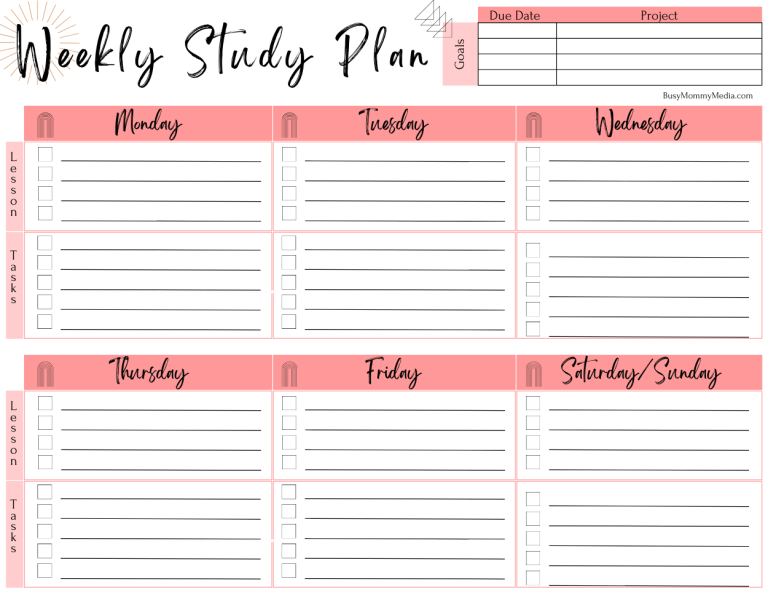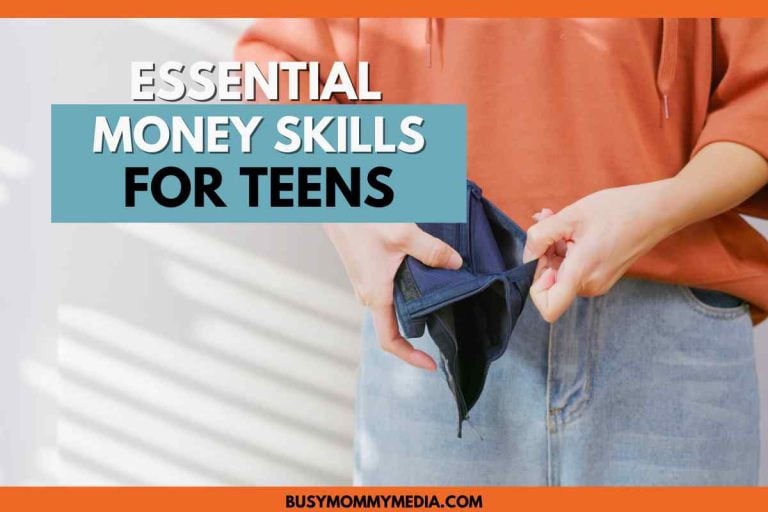How to Help Your Tween Build Healthy Friendships

The tween years – 11 to 13 – can be a rough time for kids. They are experiencing physical, emotional and social changes, the effects of which ripple across their family relationships, friendships and self-identity. This phase launches children into a process of separation: They are developing their own thoughts, ideas and opinions, and striving to find their place in the world. Friends become extremely important at this stage yet tweens may struggle with peer relationships.
While it is normal for tweens to withdraw or individualize themselves from their family, it is critical that parents remain supportive and involved. Tweens want – and should – be able to make decisions for themselves at this age, but they still need parental guidance even when it comes to picking and choosing their friends.
Pam Derr, a licensed mental health counselor from Flagler Beach, Fla., offers this insight into tweens and peer relationships.
How Do Children’s Friendships Change as They Enter The Tween Years?
- Tweens may become socially awkward as they struggle to adjust to physical and hormonal changes. Their emotional reactions may also become more extreme.
- Friendships gain importance, sometimes taking priority over family relationships.
- Girls may exchange a group of friends for one or two close friends as they begin to value the emotional connection with friends and friendships gain depth.
- As kids enter middle and high school, they become more aware of social standing; peer groups begin to form.
What Benefits do Tweens Gain from Friendships?
- Friendships with other adults (teachers, coaches, etc.) provide role models for tweens.
- Encouraging kids to make friends with those from a different culture, ethnicity or background teaches empathy, respect and appreciation for diversity.
- Relationships teach tweens how to negotiate, evaluate priorities and communicate. They also learn how to set boundaries.
What is the Parents Roll in Tween Friendship?
 From early on, parents should be instilling values into their children in order to give kids a strong sense of self when it comes to making their own decisions and selecting their own friends.
From early on, parents should be instilling values into their children in order to give kids a strong sense of self when it comes to making their own decisions and selecting their own friends.
Parents need to know who their kid’s friends are. They should also acquaint themselves with the friends’ parents.
Kids are being exposed to mature expectations earlier and earlier, yet tweens are hardly prepared to deal with issues like peer pressure or sexuality so parental guidance is critical.
A parent’s job is not to be their child’s friend, but parents can model appropriate behavior by treating others kindly, showing care and appreciation for their own acquaintances and talking about what qualities make a good friend.
Some tweens will make friends with ease while others struggle to connect with peers. Parents can help their kids develop healthy friendships by keeping them involved in activities they enjoy, making friends feel welcome, and most of all, reminding your tween what makes him such a great kid.
by Maria Connor





